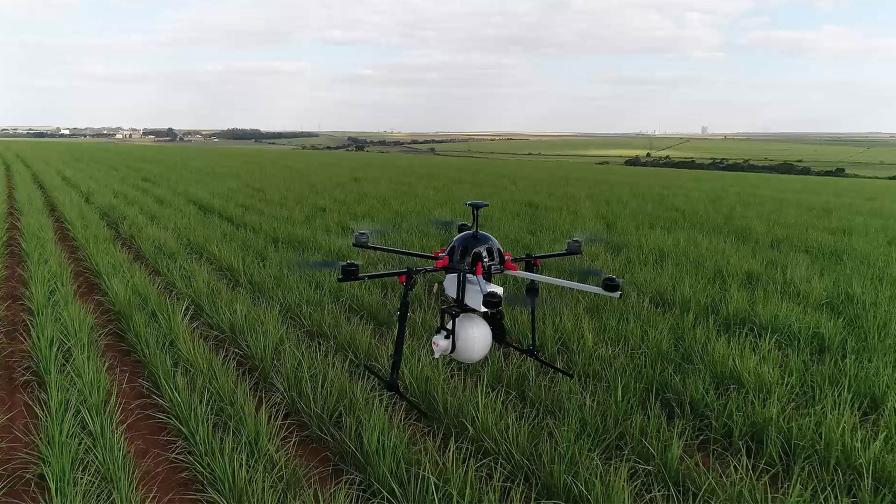Biofuels Bad For Developing Nations?
While acknowleging the preference of biofuels over fossil fuels for the environment and energy security, Suzuki advised that there are also negatives – many now coming to light as countries convert millions of acres to biofuels crops.
“Biofuels have become a flash point through which a wide range of social and environmental issues are currently being played out in the media,” said Suzuki, speaking at a regional forum on bioenergy in Bangkok, Thailand. Increased competition for agricultural land has already caused a spike in corn prices in the United States and Mexico, and could result in food shortages in developing countries.
China and India could face worsening water shortages, she explained, because biofuel crops require large amounts of water; meanwhile, forest land in Indonesia and Malaysia face threats from the expansion of palm oil plantations.
“Particularly in the Asia-Pacific region, land availability is a critical issue,” Suzuki said. “There are clear comparative advantages for tropical and subtropical countries in growing biofuel feed stocks but it is often these same countries in which resource and land rights of vulnerable groups and protected forests are weakest.”
Biofuels have become popular as a possible solution for rising oil costs and the need to reduce greenhouse gas emissions. Recently, however, groups as diverse as scientists, private agencies, and even the British government have warned that biofuels could actually do more harm than good. As opposed to protecting the environment, energy crops have resulted in the destruction of natural forests that store carbon – an important weapon in the fight to reduce global warming.
Experts at the UN forum in Bangkok advised that many Asian countries have announced plans to mandate biofuels for transport without weighing the potential risks, while other nations have already implemented legislature requiring the transition to alternative fuels. In one example, the European Union plans to replace 10% of transport fuel with biofuels made from energy crops such as sugar cane and rapeseed oil by 2020.
Some nations have seen the warning signs, however: Thailand may delay the introduction of diesel blended with 2% biofuel until April due to palm oil shortages, and the Philippines is considering shelving a biofuels law altogether over concerns about the negative environmental effects. India has been criticized over its plans to plant 30 million acres of jatropha trees by 2012 for biofuel — which, if unable to find the 100 million acres of vacant land required, could force communities from their land and worsen deforestation.
An additional warning was given by Varghese Paul, a forest and biodiversity expert with the Energy and Resources Institute in India: dependence on a single species is dangerous, he explained. “An outbreak of pests and diseases could wipe out entire plantations in one stroke.”





